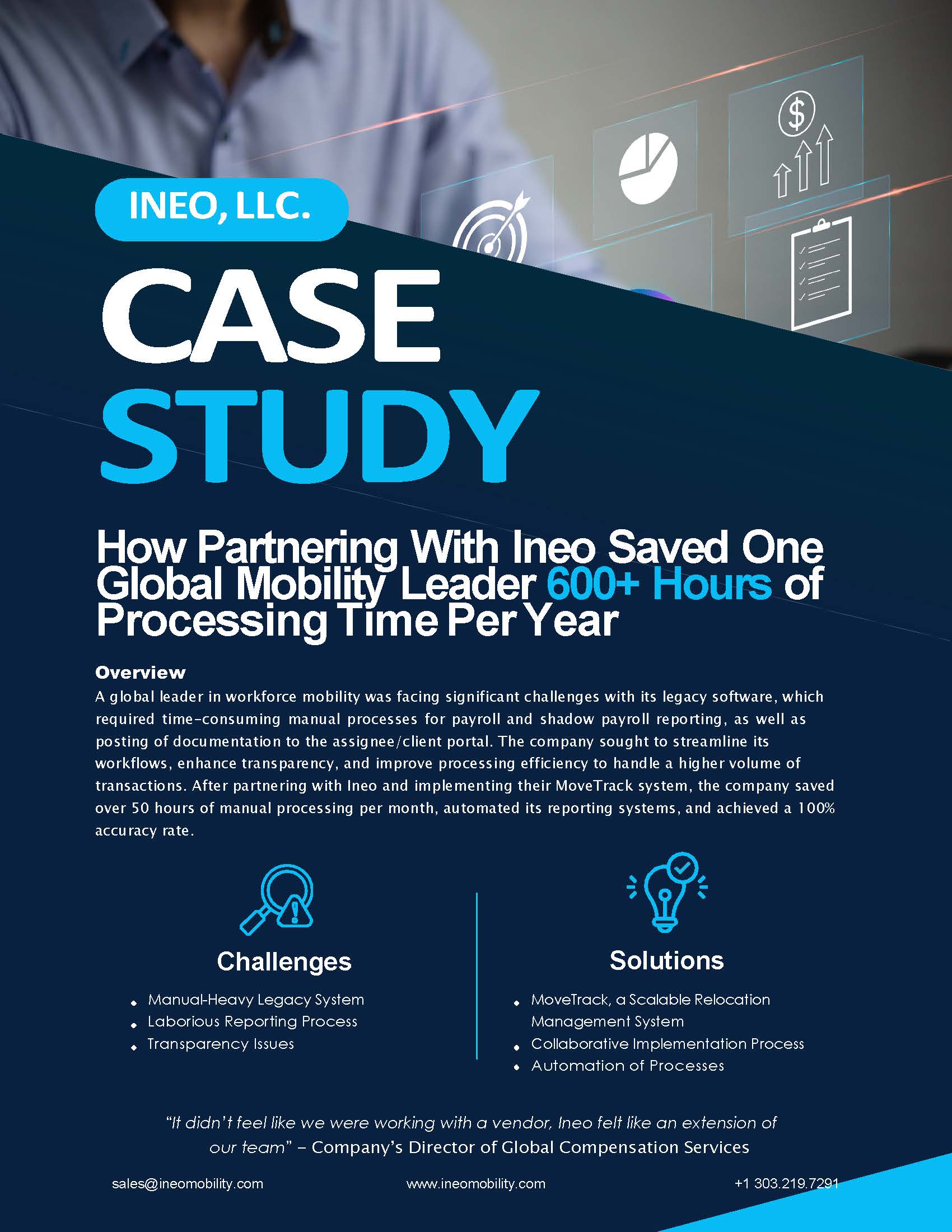How Has Brexit Impacted US Global Mobility Program Requirements?

When Brexit officially took place on January 31, 2020, the impact extended further than the United Kingdom and Europe. It also left HR and mobility managers in the US wondering how Brexit will have an impact on US global mobility programs.
Below, we’ll go over what you need to know about Brexit’s impact on US global mobility programs.
United Kingdom Countries Impacted by Brexit
As Brexit specifically refers to the United Kingdom’s (UK) decision to leave the European Union (EU), it’s important to make the distinction of what constitutes the UK. The regions of UK, Great Britain, and England are often lumped together, and the terms used interchangeably, but the United Kingdom only includes the following four countries:
- England
- Scotland
- Wales
- Northern Ireland
It’s important to note that the Republic of Ireland is not part of the UK even though it shares a border with Northern Ireland. The Republic of Ireland, often simply referred to as Ireland as it makes up a majority of the island of Ireland, is independent of the UK and remains part of the EU following Brexit.
Brexit’s Impact on US Global Mobility Programs
For mobility managers in charge of US mobility programs, Brexit has undoubtedly been a topic of discussion in recent years. As the US isn’t directly involved in Brexit legislation, there still isn’t conclusive direction around compliance in the EU or UK as it relates to the US. But if you’re sending assignees to the UK or managing their return, knowledge around these requirements is essential to the success of your global mobility program.
While there’s still a lot of uncertainty around compliance requirements in the UK following Brexit, these are a couple areas of impact HR and mobility managers should be aware of.
Impact on security
One of the biggest concerns to come out of Brexit is around data security. Mobility revolves around dealing with personal information, so top of mind for mobility managers is: what happens with this information now that the UK has left the EU?
With the potential of data being transferred across borders, it’s important to understand how to remain compliant and keep data secure.
When the General Data Protection Regulation (GDPR) took effect in Spring 2018, it set a new standard for data privacy by controlling how the data of people who are citizens of the EU and people who live in the EU should be secured. GDPR has become a standard to comply with for US programs.
Now that Brexit has officially taken place, we know that the UK has created their own version of GDPR, now known as UK GDPR. According to the Information Commissioner’s Office, the UK GDPR is essentially the same in regards to compliance, and applies to controllers and processors outside of the UK if their processing activities relate to the following:
- offering goods or services to individuals in the UK; or
- monitoring the behavior of individuals taking place in the UK.
While we at Ineo haven’t run into any issues around this yet, it’s a good idea to stay proactive should new data compliance standards in the UK arise. Mobility managers need to ensure that they have one central environment to house all of their assignee’s information securely, regardless of location.
Impact on visa and immigration
The biggest impact around visas and immigration to come out of Brexit is the ability to move freely between countries. UK residents now need a visa to live and work in the EU.
If your organization is having challenges with sending employees to offices in the UK because of Brexit, it’s likely that you’ll need to consider taking advantage of other offices in the EU.
Impact on taxes
While trade and immigration were modified, Taxes haven’t yet been significantly impacted as a result of Brexit.
The UK’s new economic union didn’t create new income tax rules at the federal level, and individual EU countries have also maintained their overall tax structures.
Similar to when GDPR passed, it took time for things to go into effect and for mobility managers to learn how to comply. Big companies are typically the first to comply, then smaller companies typically follow suit.
The same thing will likely play out with Brexit. It may take a while to understand the final compliance standards, enforce them, and to see what issues arise, which is why it’s essential to remain proactive and organized when it comes to the components of your global mobility program.
Global Mobility Resources
Learn more about what’s going on at Ineo and insights into the complex world of global mobility from the industry’s top thought leaders and innovators.
Request A Demo
Whether you are new to the world of global mobility or you’ve been in the business for a while, Ineo is here to assist you.
The best way to learn how Ineo’s global mobility software can help your company revolutionize your global mobility program and support your business strategy is to see it in a demo.
Fill out this form to get started today.
Get Started

